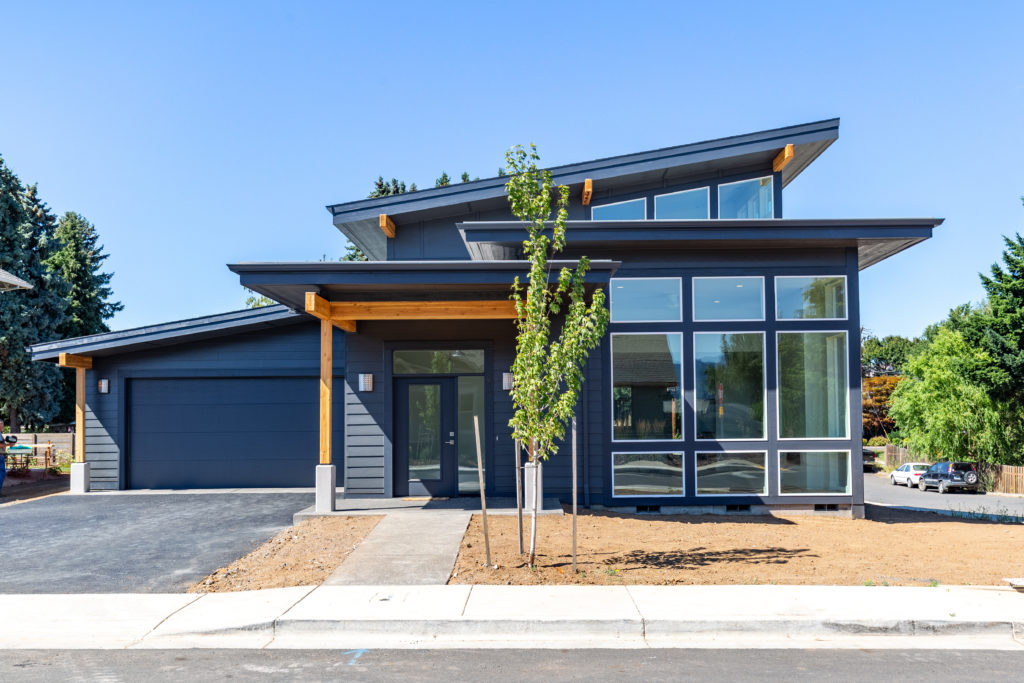Buying a new construction home requires careful consideration of financing methods to ensure a smooth and successful transaction. By examining the experiences of three individuals, we will highlight the financing options they chose and the benefits associated with each. This case study explores financing options available to homebuyers purchasing a new construction homes New Orleans.
Case 1: Traditional Mortgage – Mr. Johnson (First-Time Homebuyer) Mr. Johnson, a first-time homebuyer, opted for a traditional mortgage to finance his new construction home in New Orleans. He experienced the following benefits:
- Lower Interest Rates: Mr. Johnson secured a competitive interest rate on his mortgage, taking advantage of the historically low rates available at the time of his purchase. This resulted in significant long-term savings.
- Fixed Monthly Payments: With a traditional mortgage, Mr. Johnson enjoyed the stability of fixed monthly payments throughout the loan term. This allowed him to budget effectively and plan for his financial future.
- Favorable Terms: The traditional mortgage provided favorable terms, including a reasonable down payment requirement and a comfortable repayment period that aligned with Mr. Johnson’s financial goals.
Case 2: Construction-to-Permanent Loan – Mrs. Smith (Custom Home Construction) Mrs. Smith embarked on a custom home construction project in New Orleans and utilized a construction-to-permanent loan. She found the following advantages with this financing option:
- Simplified Process: The construction-to-permanent loan streamlined the financing process for Mrs. Smith’s custom home. It combined the financing for the construction phase and the permanent mortgage into one loan, eliminating the need for separate applications and approvals.
- Interest-Only Payments during Construction: During the construction phase, Mrs. Smith made interest-only payments on the loan, which helped manage her finances while the home was being built. This eased the financial burden until the loan transitioned into a traditional mortgage after construction completion.
- Flexibility in Draw Schedule: The construction-to-permanent loan provided flexibility in the draw schedule. Mrs. Smith could access funds at different stages of construction, ensuring funds were available when needed to pay contractors and suppliers.
Case 3: USDA Rural Development Loan – Mr. Nguyen (Rural Area Purchase) Mr. Nguyen decided to purchase a new construction home in a rural area near New Orleans and opted for a USDA Rural Development Loan. He experienced the following benefits:
- No Down Payment Requirement: The USDA Rural Development Loan offered Mr. Nguyen the advantage of not having to make a down payment. This helped him conserve funds for other expenses associated with homeownership.
- Competitive Interest Rates: Mr. Nguyen secured a competitive interest rate on his loan through the USDA program. This allowed him to save on interest costs over the life of the loan.
- Support for Rural Areas: The USDA Rural Development Loan program aims to support homeownership in rural areas by offering affordable financing options. Mr. Nguyen benefited from this program as it aligned with his goal of purchasing a new construction home in a rural setting.
Conclusion:
Through these case studies, we gain insights into financing options for purchasing a new construction home New Orleans. A traditional mortgage offers stable payments and competitive interest rates. Construction-to-permanent loans simplify the financing process for custom home construction projects. USDA Rural Development Loans provide advantages for homebuyers in rural areas, including no down payment requirements and affordable interest rates. By understanding the financing options available, potential homebuyers can select the most suitable option based on their unique circumstances and financial goals. Consulting with lenders and professionals in the industry can provide additional guidance to make an informed decision about financing a new construction home in New Orleans.

